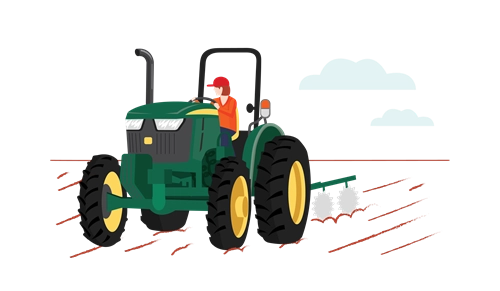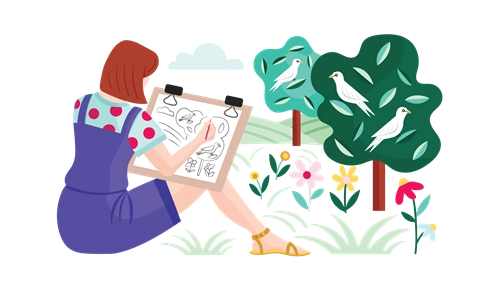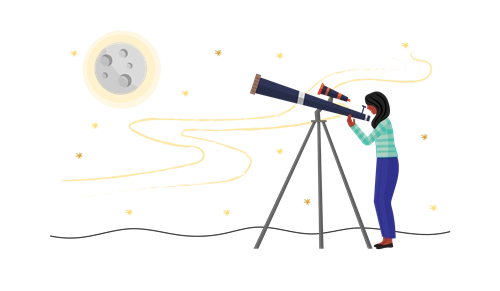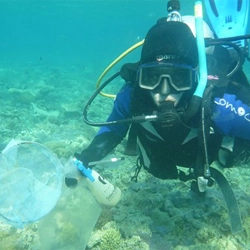Life Scientists
Life Scientists examine the anatomy, physiology and biochemistry of humans, animals, plants and other living organisms to better understand how living organisms function and interact with each other and the environment in which they live.
Fun facts
-
2016 Weekly Pay Before Tax
-
75% full-time Full-Time Share
-
53% female Gender Share
Tasks
There are many tasks done by life scientists. A few are listed below:
- designing and conducting experiments, making observations and measurements, researching information, analysing data, preparing or supervising the preparation of laboratory reports and scientific papers, presenting findings at scientific meetings and conferences, and supervising the work of staff
- studying the forms and structures of bodily organs and tissues by systematic observation, dissection and microscopic examination
- investigating the chemical structure and function of living cells and their isolated components, organs and tissues in humans, animals, plants, and micro-organisms
- examining micro-organisms, such as bacteria, fungi, yeast and their enzymes, and using the knowledge gained to create and develop new, and improve existing, products, materials and processes
- investigating the effects of environmental factors, such as rainfall, temperature, sunlight, soil, topography and disease, on plant growth
- planning and undertaking experiments to study, measure and understand marine animals and plants
- studying the growth and characteristics of micro-organisms, such as bacteria, algae and fungi, and the effects they have on plants, animals and humans to develop medical, veterinary, industrial, environmental and other practical applications
- investigating the interrelationships between animals in their natural surroundings, in captivity and in laboratories
Specific occupations
- Life Scientist (General)
- Biochemist
- Biotechnologist
- Botanist
- Marine Biologist
- Microbiologist
- Zoologist
- Life Scientist
- Anatomist
- Animal Behaviourist
- Neuroscientist
- Parasitologist
- Pharmacologist (Non-clinical)
- Physiologist
- Toxicologist
- Biologist (General)
- Enzyme Chemist
- Protein Chemist
- Cell Geneticist
- Molecular Biologist
- Molecular Geneticist
- Plant Pathologist
- Plant Physiologist
- Plant Taxonomist
- Bacteriologist (Non-medical)
- Entomologist
- Mammalogist
- Ornithologist
Women in STEM

"It's not that people don't believe in your value or don't see your worth. Your resilience, intelligence and kindness will intimidate some people. "
Medicinal chemist and proud Gomeroi woman
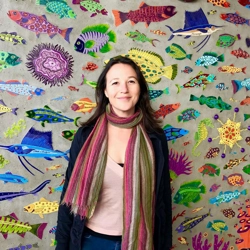
"It’s okay not knowing what you want to do or what you’re good at, but never let the feeling of ‘not knowing’ stop you from trying new things. You never know what you could discover."
Marine Ecologist, superstar of STEM

"I want to ensure that wild places and wild animals are understood and protected."
Associate Professor, Conservation Biology & Associate Dean, Research Training
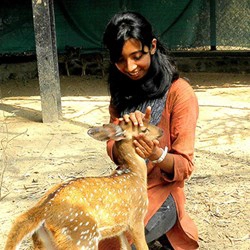
"The most rewarding part of my job is working with animals and being a voice for the voiceless."
PhD Student

"I am a bio-nerd, like you can’t even imagine. I am a geek with a capital G. I spend all of my time travelling around discovering new species."
Biologist

"As a neuroscientist, I conduct research into understanding how the brain is damaged during neurological disease."
NSW Health EMC Fellow

"I am passionate about being the liaison between science and community."
Research Support Officer
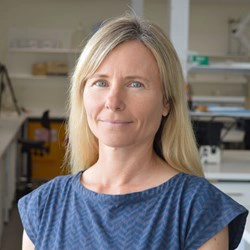
"I'm passionate about our world – respecting, understanding and protecting it."
Research Scientist

"I work on projects that will make a difference in terms of protecting and conserving flatback turtles"
Research Scientist
Dr Anjali Jaiprakash, Robobiologist
Dr Cass Hunter, Quantitative Marine Scientist


